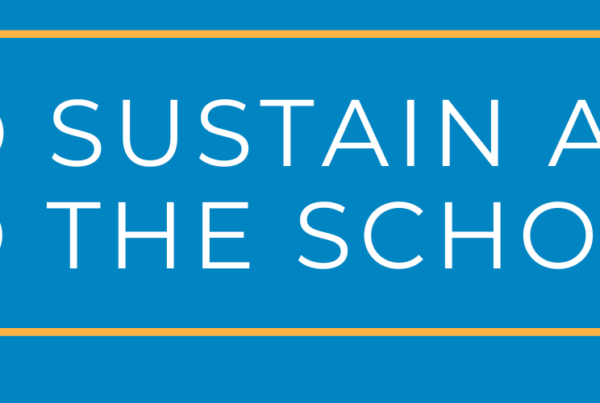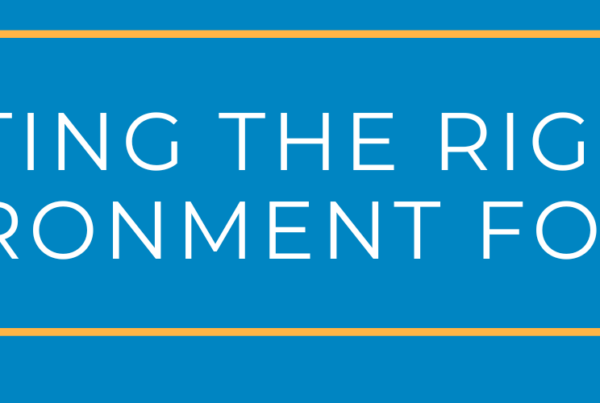 by Scott Lutostanski
by Scott Lutostanski
Galin Education Director of Academic Consulting
Often times when working with a student, the topic of organization will come up. This conversation usually revolves around struggles, dives into specific problems that have been occurring, and we work together to create a system that the student feels comfortable with, a plan that we both agree can be successful. This usually happens fairly quickly and efficiently. Finally, at the end, I throw in my last tidbit, “As you are developing this skill and it is becoming easier for you, I will continue to check in with you weekly to monitor your progress.” That’s a pretty self-explanatory comment, but then I throw in, “You cannot have your parents check-in with you on this.”
Everything in that first paragraph is true. Students who struggle with executive functioning need to set up an organizational system that is well thought out and customized in a way that allows them to be successful. They need a weekly (or daily) check-in to make sure they are continuously making progress. And no, it cannot be from a parent.
A parent policing a student’s executive functioning can very quickly create an unhealthy dynamic in the household. Parents, frustrated and hungry for their children to find school success, will become more and more involved.
This situation will lead parents to find themselves as the enemy. Even if a parent approaches this topic from the most delicate angle with the utmost sensitivity, it is a tall task to separate, “How are you doing keeping you folders organized?” from “I need you to be home by 10:30 tonight.” Or “have you planned out when you’re going to work on you English paper?” from “did you remember to clean your room?” The parent/child relationship carries a differential in power dynamics (which it should!), but this does not lend itself to supportive assistance in an area as delicate as executive functioning. The parent/child power dynamic has been established since the beginning of time.
What’s created is a student who is aggravated and struggling, now feeling criticized by their parents. This will raise the temperature in the room to a boil very quickly. Parents, struggling themselves with their students’ lack of progress, can’t stop themselves from pushing this topic more and more. The end product is most likely going to end up in stagnated EF development, not to mention the arguments that can consume the household.
Relationship is vital when working with students on their vulnerabilities, specifically executive functioning. EF “check-ins” will be most successful when a warm and trusting relationship exists between student and facilitator. This is not to say that parents and children don’t have a warm and trusting relationship, they almost always do, but EF support coming from the same person who can ground them, take away their car for a week, or ban them from going out with their boyfriend or girlfriend carries certain implications with it. The most successful route to EF skill development is to put it in the hands of a professional who can take on the task of developing EF skills from a neutral position. This will foster a friendly working-relationship, accelerate growth, and give the parent and child one less thing to argue about.





